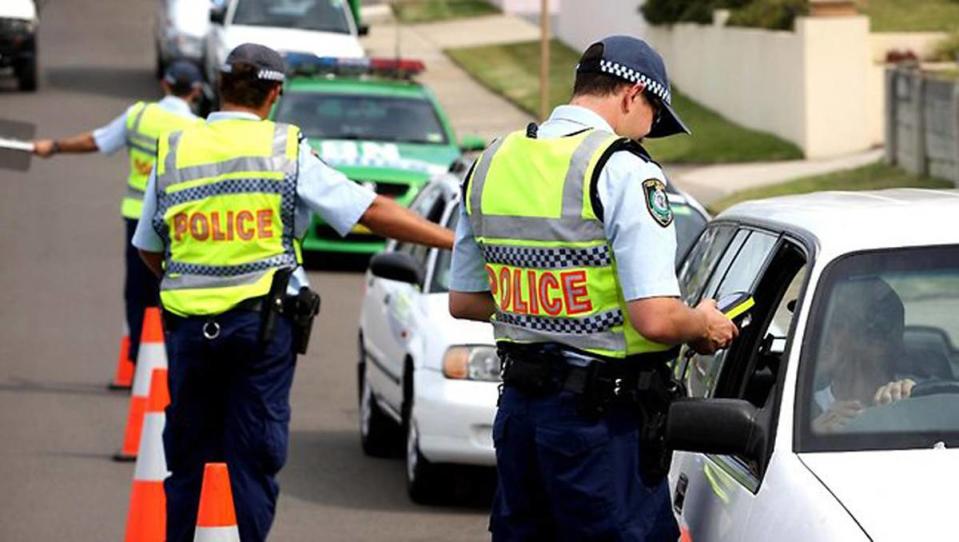Calls for a zero blood-alcohol limit after four children tragically killed
Medical and trauma experts are calling for a mandatory zero blood-alcohol level to be introduced for all drivers on Australian roads after four children were killed while walking on a Sydney footpath on Saturday.
In the wake of the tragedy caused by an alleged drink driver, the Royal Australasian College of Surgeons (RACS) is leading the call to reduce the legal blood-alcohol limit to zero.
The college’s National Trauma Committee chair Dr John Crozier has pointed to countries overseas with stricter enforcement on the issue as evidence that a zero limit can reduce road deaths.
“I think it’s right as you look at this tragedy that any further way of reducing the risk of alcohol affecting the behaviour of the driver — and it does — should be explored,” he told News Corp Australia on Sunday.
“We have it as a requirement for all commercial drivers and in poignant deaths like this, it’s reasonable to further explore whether we should have a zero blood-alcohol requirement for all drivers.”
A number of middle eastern and asian countries have a zero tolerance policy for alcohol and road users, as do the Czech Republic, Slovakia, Hungary and Romania. Meanwhile, countries including Norway, Poland and Sweden have a lower limit of 0.02.

For close to 30 years, states across Australia have enforced a Blood Alcohol Concentration (BAC) driving limit of 0.05, but there has long been calls from the medical community and road safety experts to consider reducing the legal limit further.
The tragic consequences of Saturday’s incident – which saw the 29-year-old driver allegedly record a BAC of 0.15, three time the legal limit – has renewed the debate about lowering the amount drivers are allowed to drink.
Alcohol a factor in many fatal crashes
According to the NSW Centre for Road Safety, drink-driving is a factor in about one in every seven crashes in the state where someone loses their life.
Dr Crozier says that number is much higher in rural areas with about 40 per cent of road deaths involving alcohol.
Since random breath testing was introduced in the state in 1982, the number of alcohol-related deaths on our roads has reduced dramatically – about fivefold since 1980. But it still remains a major factor in road fatalities.
The latest data from the NSW Centre for Road Safety from 2017 shows that 55 people were killed, and 425 seriously injured, in alcohol-related crashes on NSW roads.
The Transport and Road Safety (TARS) Research Centre at the University of NSW has endorsed a lower BAC for drivers since 2012.
Why a 0.02 BAC limit is supported
Professor emeritus at the UNSW and road safety expert, Raphael Grzebieta, agrees with the latest calls from the RACS to lower the limit.
“We’ve been talking about 0.02 for a long time so it’s time to work on that,” he told News Corp Australia.
“The reason it’s 0.02 is in case someone takes medication, but 0.02 means you don’t drink and drive.”
As debate kicked off, many on social media appeared to balk at the idea of reducing the legal blood-alcohol limit for drivers.
“Would a 0.00 blood alcohol limit have stopped what happened to the four children? No. Those who break the law will continue to break the law,” one person said after ABC Breakfast asked its viewers on social media whether they would support the idea.
“There is already a limit which is ignored by some, why do you think a zero limit will be different?” another said.
One person suggested it would “only punishes people who have been doing the right thing already.”
Do you have a story tip? Email: newsroomau@yahoonews.com.
You can also follow us on Facebook, Instagram and Twitter and download the Yahoo News app from the App Store or Google Play.



